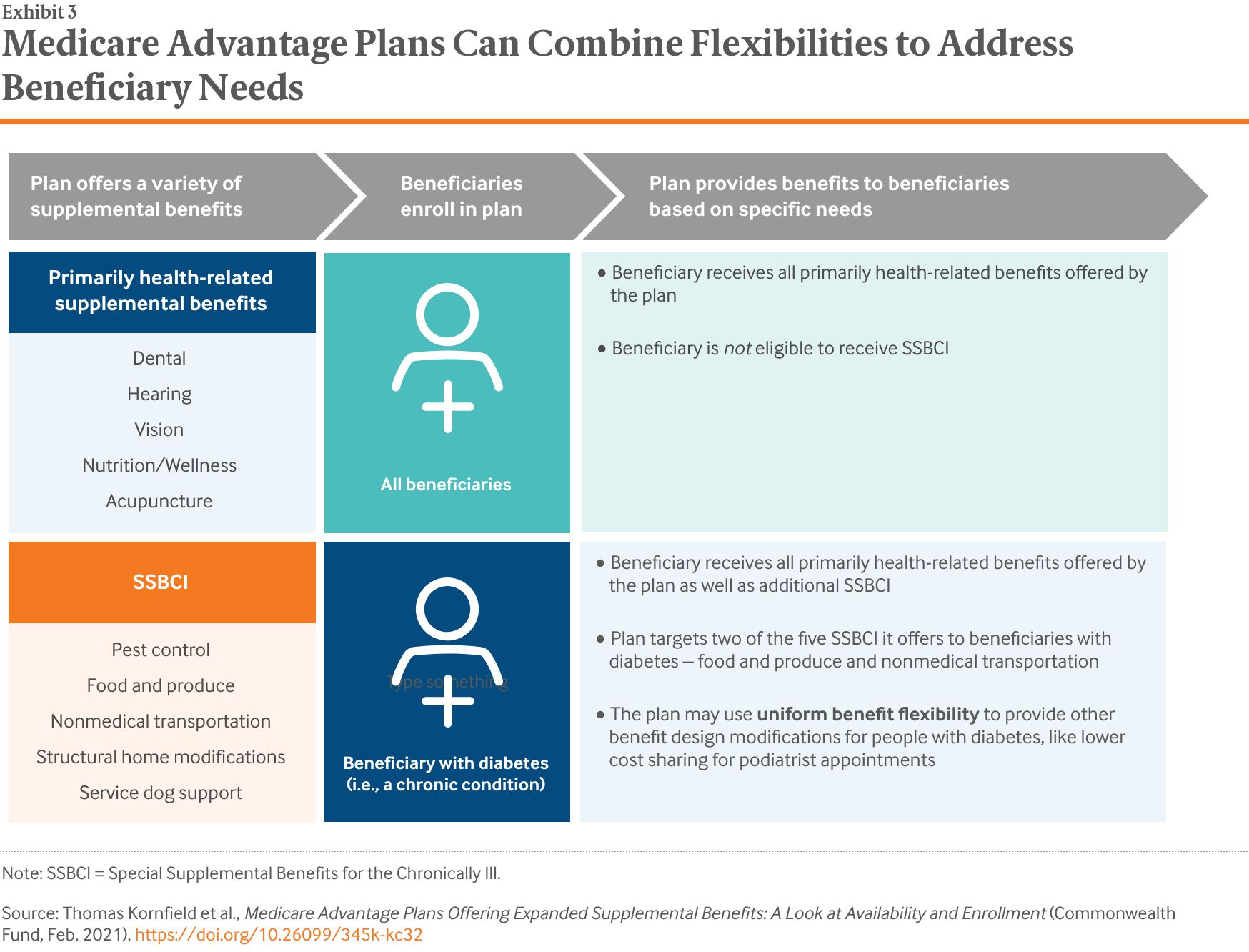Whole life and universal life insurance coverage are both considered irreversible policies. That indicates they're created to last your entire life and won't end after a specific amount of time as long as required premiums are paid. They both have the possible to build up cash value in time that you may have the ability to obtain against tax-free, for any reason. Since of this function, premiums might be greater than term insurance. Whole life insurance coverage policies have a fixed premium, meaning you pay the very same amount each and every year for your coverage. Just like universal life insurance, whole life has the possible to build up money value over time, creating a quantity that you might have the ability to obtain versus.
Depending upon your policy's potential cash worth, it might be used to avoid a superior payment, or be left alone with the potential to accumulate worth with time. Possible growth in a universal life policy will differ based upon the specifics of your private policy, as well as other factors. When you purchase a policy, the providing insurance provider develops a minimum interest crediting rate as described in your agreement. However, if the insurer's portfolio makes more than the minimum rate of interest, the business might credit the excess interest to your policy. This is why universal life policies have the possible to earn more than an entire life policy some years, while in others they can make less.
Here's how: Because there is a money worth element, you may be able to skip exceptional payments as long as the cash worth suffices to cover your required costs for that month Some policies may enable you to increase or reduce the death benefit to match your specific circumstances ** In many cases you might obtain versus the cash value that might have accumulated in the policy The interest that you might have made with time builds up tax-deferred Entire life policies offer you a repaired level premium that won't increase, the potential to accumulate cash worth in time, and a fixed survivor benefit for the life of the policy.
As an outcome, universal life insurance coverage premiums are usually lower during periods of high rates of interest than entire life insurance coverage premiums, often for the very same amount of coverage. Another key difference would be how the interest is paid. While the interest paid on universal life insurance is typically changed monthly, interest on an entire life insurance policy is generally adjusted each year. This might suggest that during periods of rising interest rates, universal life insurance policy holders may see their money worths increase at a quick rate compared to those in entire life insurance policies. Some individuals may choose the set death advantage, level premiums, and the potential for development of a whole life policy.
Although whole and universal life policies have their own special features and benefits, they both concentrate on providing your liked ones with the cash they'll require when you pass away. By dealing with a certified life insurance coverage representative or business representative, you'll have the ability to pick the policy that finest meets your individual requirements, budget plan, and financial goals. You can also get afree online term life quote now. * Provided necessary premium payments are timely made. ** Boosts may undergo extra underwriting. WEB.1468 (How much is flood insurance). 05.15.
Getting The How Much Is Gap Insurance To Work
You don't need to guess if you must enroll in a universal life policy because here you can learn everything about universal life insurance pros and cons. It's like getting a sneak peek prior to you purchase so you can choose if it's the ideal kind of life insurance coverage for you. Keep reading to discover the ups and downs of how universal life premium payments, cash worth, and death advantage works. Universal life is an adjustable kind of irreversible life insurance that enables you to make changes to two main parts of the policy: the premium and the death advantage, which in turn affects the policy's cash value.
Below are some of the general advantages and disadvantages of universal life insurance coverage. Pros Cons Designed to provide more flexibility than whole life Doesn't have the ensured level premium that's readily available with whole life Money worth grows at a variable rate of interest, which might yield higher returns Variable rates likewise imply that the interest on the money worth could be low More opportunity to increase the policy's money value A policy usually needs to have a favorable cash worth to remain active One of the most appealing features of universal life insurance is the ability to choose when and how much premium you pay, as long as payments fulfill the minimum amount required to keep the policy active and the Internal Revenue Service life insurance coverage guidelines on the optimum amount of excess premium payments you can make (What is an insurance premium).

But with this versatility also comes some drawbacks. Let's review universal life insurance coverage advantages and disadvantages when it pertains to changing how you pay premiums. Unlike other types of permanent life policies, universal life can adjust to fit your financial needs when your cash circulation is up or when your budget is tight. You can: Pay greater premiums more often than required Pay less premiums less often and even avoid payments Pay premiums out-of-pocket or use the money value to pay premiums Paying the minimum premium, less than the target premium, or skipping payments will negatively impact the policy's cash worth.
